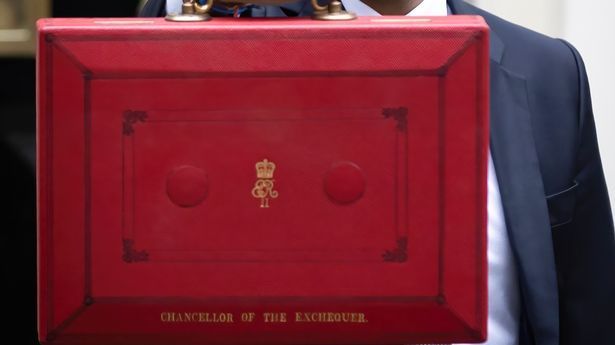Budgeting
Businesses that budget have a better understanding of their finances, which enables them to make more informed decisions, reduce financial risks, and achieve their financial goals more effectively.

What is budgeting?
Budgeting is the process of creating a plan to allocate financial resources over a specific period, typically a year. It involves setting financial goals, estimating income and expenses, and making decisions about how to allocate resources to achieve those goals.
Budgeting is an important financial management tool used by individuals, households, businesses, and governments to manage their finances effectively. It helps in identifying areas where expenses can be reduced or eliminated, and resources can be directed towards more important priorities. It also helps in tracking progress towards financial goals and making adjustments as necessary.
The budgeting process typically involves creating a budget plan, monitoring actual income and expenses, comparing them to the budget plan, and making adjustments as needed. The goal is to ensure that actual income and expenses are aligned with the budget plan and that financial goals are being achieved.
There are several benefits of budgeting, including:
1. Financial Control: Budgeting helps you stay in control of your finances by providing a clear picture of your income and expenses. You can use this information to make informed decisions about spending and ensure that you don't overspend.
2. Prioritization: By creating a budget, you can prioritize your spending and allocate your resources to the most important areas, such as paying bills, saving for emergencies or investing for the future.
3. Goal setting: Budgeting helps you set financial goals and track your progress towards achieving them. This helps you stay motivated and focused on achieving your goals.
4. Reduction of debt: Budgeting can help you reduce debt by identifying areas where you can cut expenses and direct those resources towards paying off debt.
5. Savings: Budgeting helps you save money by identifying areas where you can reduce spending and allocate those resources towards saving for emergencies or long-term goals.
6. Better decision-making: By having a clear understanding of your financial situation, you can make better decisions about spending, saving, and investing.
7. Reduced stress: Budgeting can help reduce financial stress by providing a clear plan for managing your finances and reducing the uncertainty of unexpected expenses.
Are businesses that budget more successful?
Yes, businesses that budget are generally more successful than those that do not. Budgeting is an important financial management tool that helps businesses plan, control and monitor their finances effectively.
Here are some of the ways in which budgeting can help businesses:
1. Planning: Budgeting helps businesses to plan their financial activities, set goals and develop strategies to achieve them. This enables them to make informed decisions about resource allocation, which can improve the efficiency and effectiveness of their operations.
2. Control: By monitoring actual results against the budget plan, businesses can identify areas where expenses are higher than expected and take corrective action to avoid financial difficulties.
3. Decision-making: Budgeting provides businesses with the information they need to make better decisions about investments, expansion, and other financial activities.
4. Performance measurement: By comparing actual results to the budget plan, businesses can measure their performance and identify areas for improvement.
5. Communication: Budgeting provides a platform for communication between different departments and levels of management within a business, improving collaboration and coordination.
Overall, businesses that budget have a better understanding of their finances, which enables them to make more informed decisions, reduce financial risks, and achieve their financial goals more effectively.








